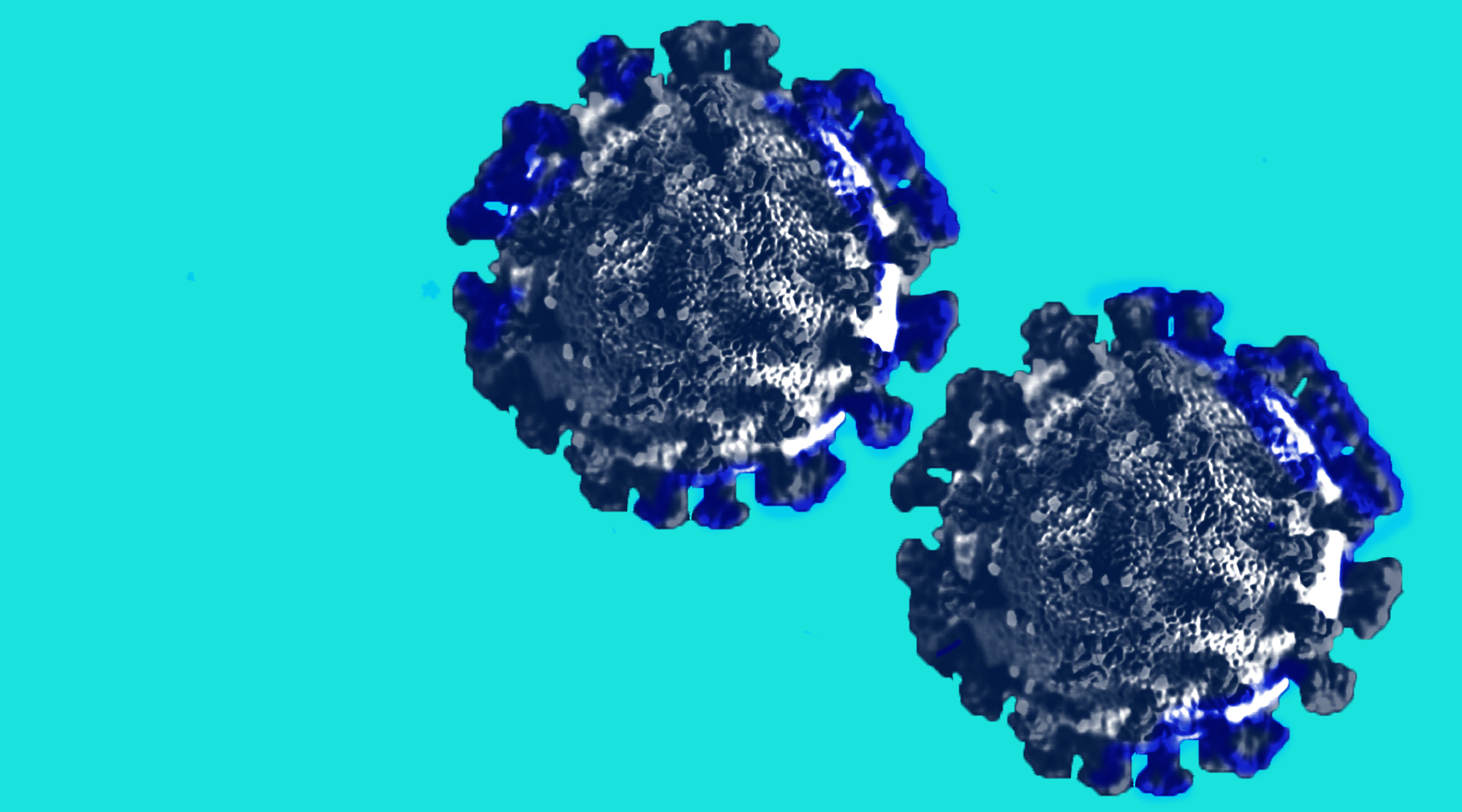66 Health and Development Orgs: Biden Must Launch A Global Vaccine Manufacturing Program to End the Pandemic
U.S. Leadership of Urgent Manufacturing Program Would Provide Billions of Additional COVID-19 Vaccine Doses to World

WASHINGTON, D.C. – Public Citizen and 65 other global health, development and humanitarian organizations today called on President Joe Biden to announce and implement a global vaccine manufacturing program to end the pandemic and build a globally-distributed vaccine infrastructure for future pandemics.
“Much more ambitious U.S. leadership is needed to end the global pandemic,” said Peter Maybarduk, director of Public Citizen’s Access to Medicines program. “The U.S. government should establish, urgently, a manufacturing operation for the world, that would share vaccine recipes and work with the World Health Organization to alleviate suffering and bring billions of additional vaccine doses to humanity.”
The People’s Vaccine Alliance, a movement of health and humanitarian organizations, has endorsed the letter. Some of the largest U.S.-based international groups, FHI360, International Rescue Committee, Helen Keller International and International Medical Corps, as well as advocacy organizations including RESULTS and PrEP4All, have also signed onto the letter.
The letter noted the only way to get the pandemic under control is to immediately ramp up vaccine production across the world. The group requests Biden announce a new manufacturing program in his fiscal year 2022 budget and help produce billions more vaccine doses within one year. The U.S. can do so for about $3 a dose, a fraction of the cost of inaction, according to the coalition. Without a global manufacturing plan, the economic costs to the U.S. alone could be between $800 billion to $1.4 trillion in 2021 alone.
The letter comes ahead of a fundraising conference Thursday, hosted by U.S. Secretary of State Antony Blinken, for the COVAX facility which is dedicated to increasing equitable global access to COVID-19 vaccines.
“Given the increasingly connected nature of today’s world and the risks that we consequently share, it is vital that we act proactively and decisively to address those risks,” said Nancy Aossey, president and CEO of International Medical Corps. “The U.S. has the intellectual and financial resources necessary to help lead this initiative, working across borders with other governments, and with international health agencies, to end this and future pandemics.”
“Vaccine donations alone won’t end the pandemic,” said Abby Maxman, Oxfam America CEO. “The commitments planned for COVAX are critically important, and yet entirely inadequate to meet global need. Without urgent new manufacturing commitments, billions of people may wait years for a vaccine.”
The groups added that the U.S. government should not only expand production in the U.S. and abroad, but also work with the World Health Organization (WHO) to set up production hubs in Africa, Asia, and Latin America. These hubs would democratize production and improve global health security, particularly if they are accountable to the public and equipped with adaptable technologies, such as mRNA platforms, that could help defeat the next pandemic.
“The U.S. government has helped produce hundreds of millions of vaccine doses for people living in the U.S., on a relatively short timeline. The same is needed—and within reach—for all countries,” Maybarduk added. “The key missing ingredient is ambitious political leadership, to end the pandemic for everyone, everywhere.”